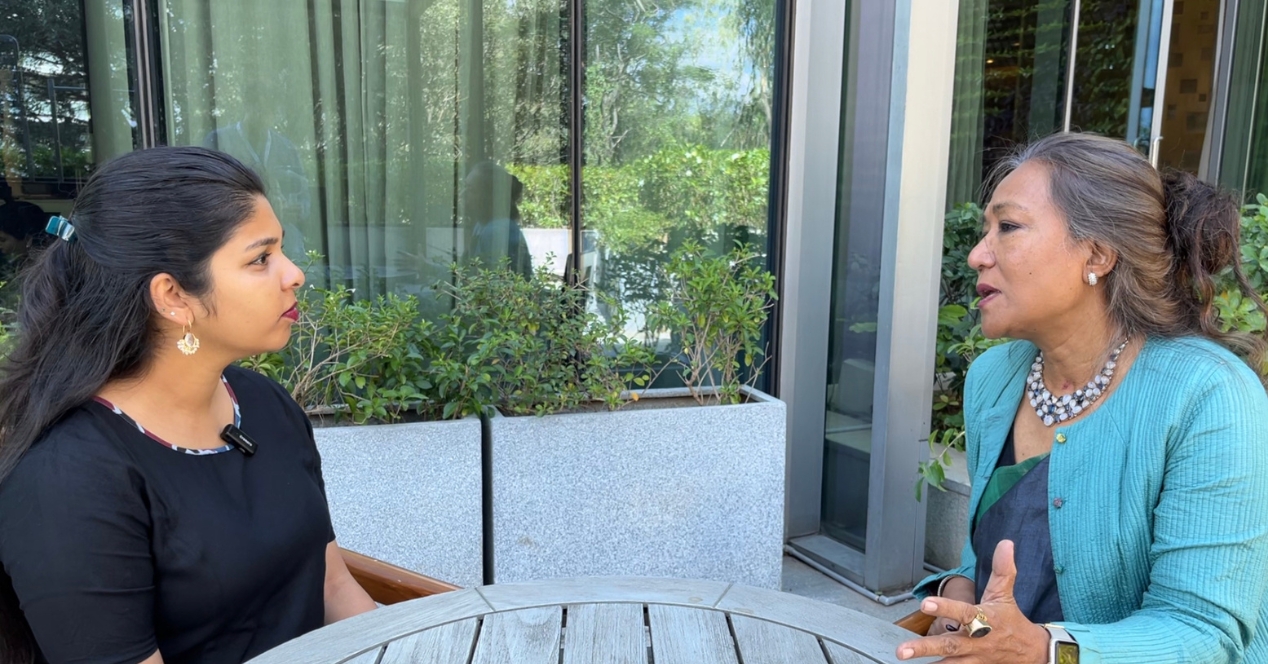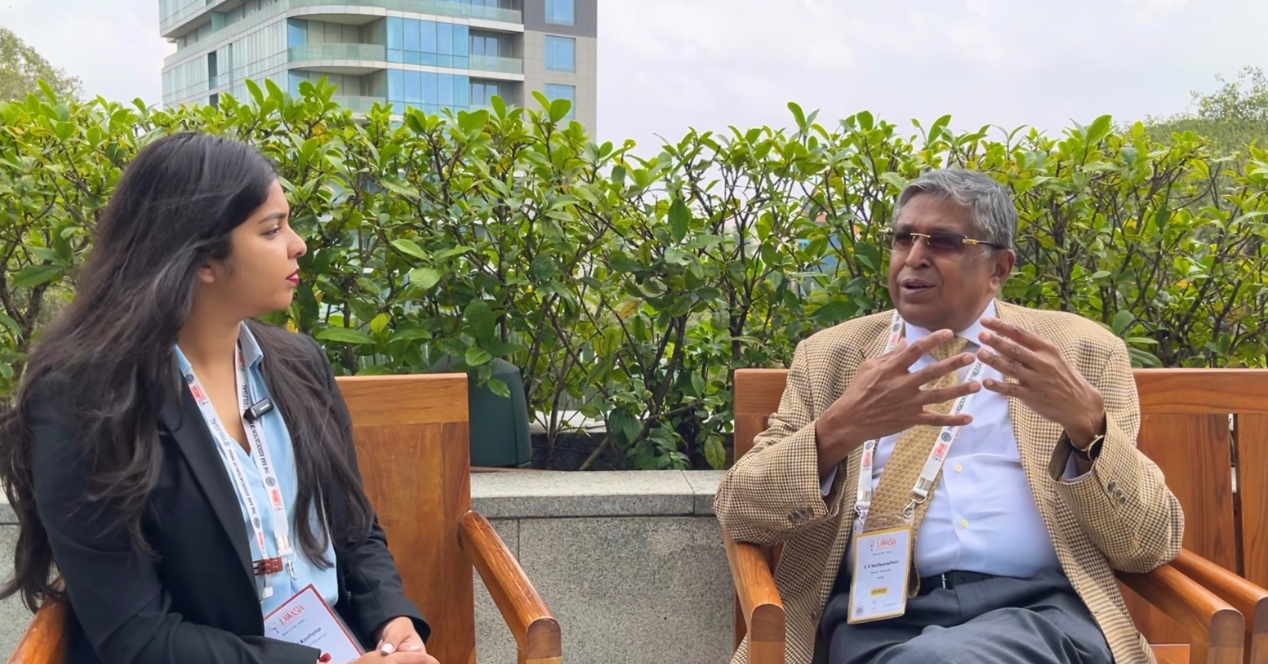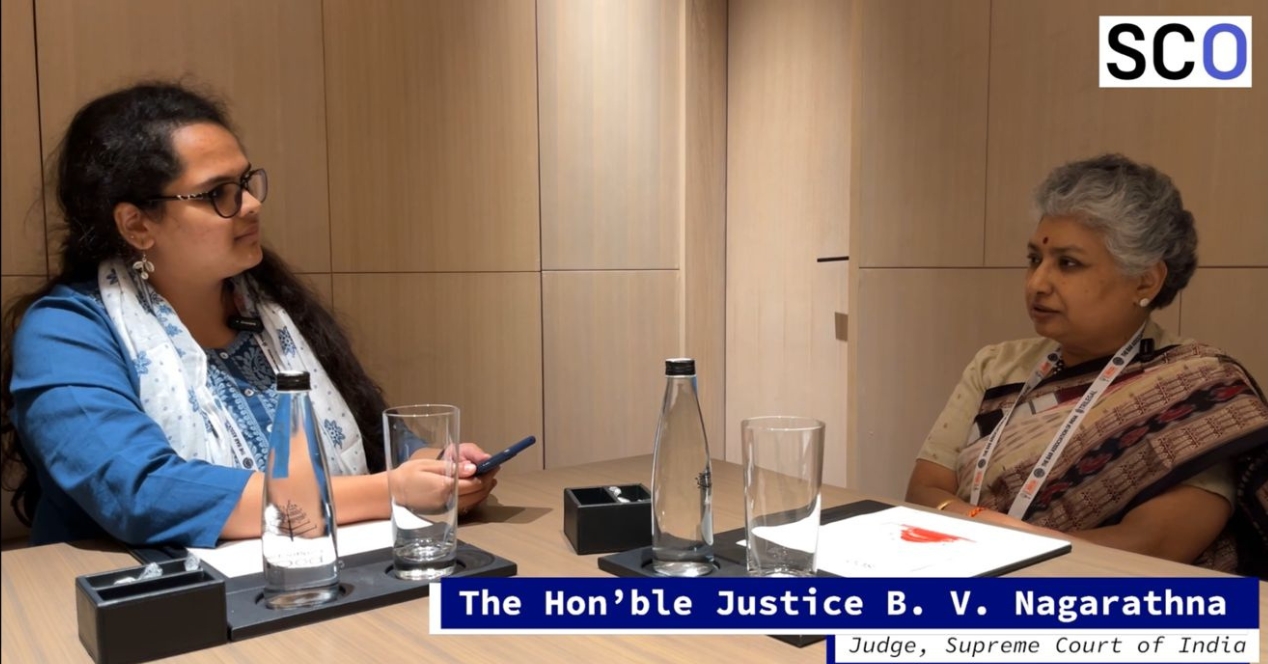Channel
“If the judiciary doesn’t stand up for its own independence, I don’t think the Bar can do that much”: C.U. Singh
Senior Advocate C.U. Singh stressed on the importance of the judiciary standing up for itself and the access to technology in lower courts
Transcript:
Hello, and welcome to the Supreme Court Observer. I’m Spandana, and today I have the pleasure of having Mr. Chandar Uday Singh (C.U. Singh), Senior Advocate at the Supreme Court of India, with me today. Sir, thank you for joining us and taking the time to speak to us today.
Thank you for having me.
My first question is, of course, on the theme of the Conference itself, which is lawyering in the digital age. So, in your years of practice at the Bar, now we’re seeing an advent in the use of technology in law. And what role do you think that plays in access to justice? And, tell us your experience with technology.
Well, I think there are two levels on which it’s operating. I think one is for the Bar, Especially the members of the bar who are in big cities, in superior courts, etc. The members of the bar and instructing lawyers, I think, are gaining a huge advantage. I’m not sure how much this disseminates down to the grassroots in mofussil areas, in remote places, and with disadvantaged communities like tribals and others.
One thing I hope it does disseminate down because, one of the problems with access to justice in India has been that the superior courts, even the district courts, but especially the superior courts, that is, the high courts and the Supreme Court, are very often far, far away from where the cause of action arises or from where the litigants themselves are based. Now, their local lawyers who know the case best are very often unable to effectively participate in the process and to represent them. Even if they have to brief lawyers and other lawyers in the high court or in the Supreme Court. It’s either very expensive for the litigant to take their lawyer there, or it’s impossible for the lawyer to give up her or his work and go to the Supreme Court and so on.
I hope this technology really percolates all the way down because one of the greatest advantages that I feel is that people who are far away from the larger courts can directly access the larger courts. They can directly access the lawyers; they can, you know, at a very, very low cost without incurring costs of travel and stay, etc., etc., they can actually participate in the entire process. So that’s one part which I think is very important.
The other thing is the technology where it really is the more affluent lawyers, I think, are greater beneficiaries of having very sophisticated devices, having access to digital databases, having access to things like SCC Online and other things where I think, those lawyers who are young, lawyers who are starting out in practice, who don’t have the resources, or lawyers who are, again, in small areas where the fees might be very low, etc., I think there would be sort of a divide. There would be an unfair divide, in a sense, of the affluent lawyers getting a disproportionate advantage as compared to those who are not so affluent.
Yeah, I think that’s a very important point, especially we’ve seen in all Constitution Bench proceedings, especially the Chief continuously asking lawyers to come with iPads. But unfortunately, that is something that’s restricted to the Supreme Court.
And if I can quickly move on to the next question, I think an important topic for us in India is the independence of the Judiciary. And that’s never really an irrelevant topic for us. And yesterday there was interestingly a discussion about the role of the Bar and members of the Bar in maintaining that independence. So where do you think the Bar comes into play?
I think the independence of the judiciary—it might be a little unfair to say that, might be a little harsh, but I think it comes essentially from the judiciary itself. I think lawyers and the Bar can help. The Bar can stand up for the judiciary. But at the end of the day, it really has to come from the judiciary itself. The backbone and the spine have to be displayed by the judiciary itself. And I don’t think—if the judiciary doesn’t stand up for its own independence, I don’t think the Bar can do that much.
And lastly, of course, today (Nov 26) is our Constitution Day. If you’d like to say a few words for our audience and our viewers.
I think the greatest saving grace in our nation has been the Constitution of India. I think the fact that 75 years after independence, we have held together as a nation through a lot of trials and tribulations, a lot of vicissitudes and problems. I think the nation owes a huge debt of gratitude to the framers of the Constitution and the drafting committee, as well as the entire Constituent Assembly, which voted on each and every provision and brought it about. I think we owe an eternal debt to them for holding our nation together.
Thank you so much, Mr. Singh. This was a true pleasure. And thank you for taking the time—
Thank you, Spandana.




